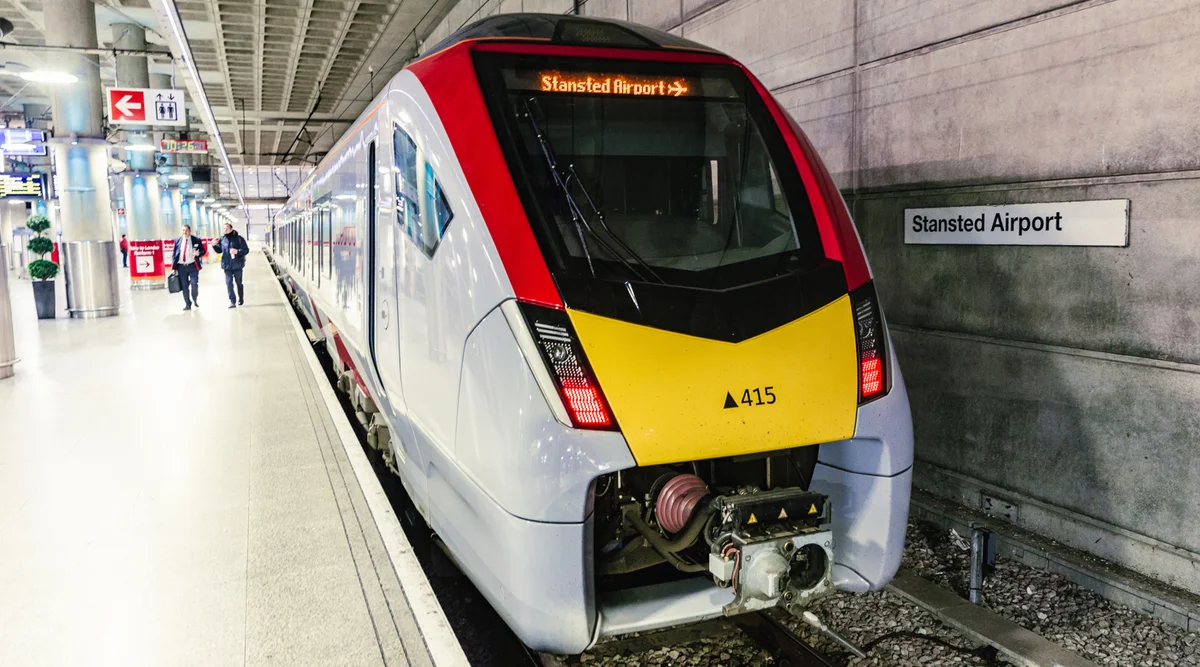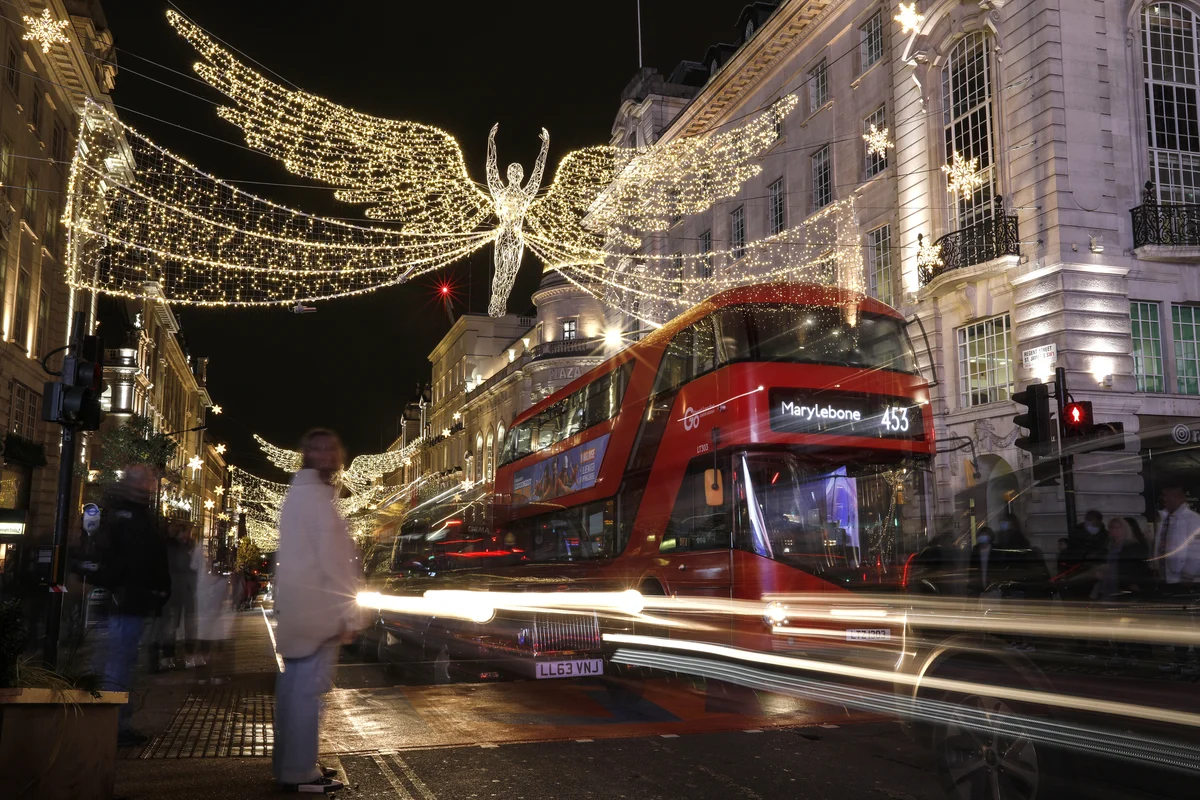Copyright independent

“Passengers will see a high-visibility presence of officers at stations and on trains throughout today who are there to reassure the public.” So said the transport secretary, Heidi Alexander, the day after a marauder armed with a knife attacked passengers and crew on an LNER train from Yorkshire to London. I checked several terminals in the capital on Sunday. British Transport Police and “Station Response Officers” were, indeed, much in evidence, augmented by the Met. You can expect the heightened visibility to continue until approximately Tuesday. These staff have been drafted from other duties and will very soon return to those obligations. There is no secret force of police waiting to step up to the platform. And on board the trains? Well, this morning I travelled on the Stansted Express from London Liverpool Street to the Essex airport. Hundreds of other passengers joined me on the 12-coach train, together with copious amounts of baggage (theirs, not mine). Total number of onboard Greater Anglia staff? One, the driver at the front. Were any danger to emerge, we would need to rely on one another. There are no guards on this part of the rail network. Once at Stansted, everyone went through the usual airport screening, with person and possessions minutely examined by the latest technology to ensure that we had nothing that could pose a threat to others. The absence of in-train staff might look like an accident waiting to happen – a dreadful mismatch in risk management. But there are good reasons. Terrorists see passenger aircraft as the greatest prize, and history is scarred with their outrages. Planes are especially vulnerable to hijacking or bombing. Trains have rarely been targets, though the terrible attack on commuter trains at Madrid in 2004 claimed 193 lives. Today you will be screened before boarding high-speed expresses in Spain, a slow and unwieldy process. At the weekend, Heidi Alexander underlined the situation in the UK, saying: “Our trains are some of the most safest forms of public transport anywhere in the world. For every one million passenger journeys that are made, there are 27 crimes.” Rail is designed for fast boarding, with the notable exception of Eurostar. London St Pancras International is the only place in the UK where travellers go through airport-style security. Cross-Channel trains are regarded as sufficiently vulnerable to have their own statute: The Channel Tunnel (Security) Order 1994. There is not the space, the money nor the willingness for passengers on domestic trains in the UK to be searched prior to boarding a train. So why not get more staff on board? The RMT union’s former general secretary, Mick Lynch, accused the last government of “seeking to impose Driver Only Operation (DOO) that will make our railways less safe, secure and accessible.” But DOO has been around for four decades, and each day millions of passengers travel on trains with only the driver on board. The stabbing happened on an intercity train that carried several onboard crew, as demonstrated by the heroic actions of the LNER employee who defended other passengers against the knife-wielding attacker. Accounts say that travellers also showed courage and compassion for others. In a perfect world, a British Transport Police officer would patrol every train. Better still: one in every carriage. But financially that would be ruinous. The railways currently cost the taxpayer £400 per second in subsidy. Agreed, having greater reassurance about safety would encourage more people to travel by trains. But with the Department for Transport (DfT) facing cuts in this month’s budget, increasing spending on security simply isn’t in prospect. I predict the only safety improvement likely to emerge from the investigation into Saturday’s savage attack will be a degree of heightened vigilance. That will slowly erode until – heaven forbid – someone else attempts another similar massacre. When you are driving, you do not expect a motorist intent on murder-suicide suddenly to veer into your lane. Likewise, rail passengers do not anticipate a knife-wielding maniac to rampage through an intercity train. Tragically, both events have happened. But statistics are on the side of rail passengers. Even allowing for the much greater number of car journeys than train trips, each year 1,600 people died on the roads. For rail passengers, the usual annual figure is zero. The fact that Monday’s derailment of a 100mph express in Cumbria caused just four minor injuries shows how obsessively safety is designed into rail travel. In travel, as in life, you take your chances. But trust in each other, and in the numbers. Read more: It’s not just on Britain’s trains that I no longer feel safe



